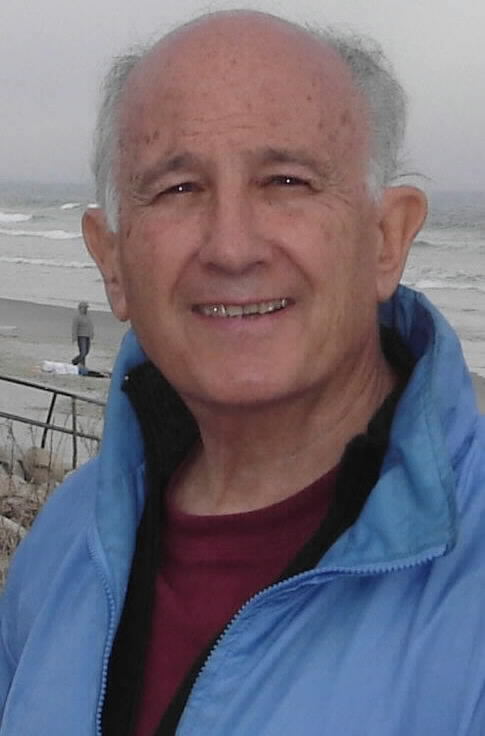"In addition, another 370 opposition fighters and activists have been confirmed as missing in the fighting in the east by the end of March, 500-2,000 are reported to be missing in the Battle of Misrata Batte and 74 were missing following the Battle of Brega-Adjibyah road for a total of 944-2,444 rebels reported missing. However, this number could be higher since it was reported that 700 rebels were missing following the First Battle of Bin Hawad."
As for the migration, the interim Prime Minister quoted a statement made by the Under-Secretary-General for Humanitarian Affairs and Emergency Relief Coordinator, Valerie Amos, to the Security Council and not, as said, from a UN Report. Considering the area of battles and the infrastructure of Libya, Ms. Amos' figure seems exaggerated. Besides, many of the refugees are African migrant workers forced out by the fighting and many are civilians from Tripoli who are escaping the NATO bombings.
The most controversial remark:
"I would argue in a quick note that the regime realized from the very first week that they do not have enough personnel to put down that uprising, and therefore they resorted to something which I call wicked, and to be honest very brilliant. They tried to go for more...more killing will call for the international community to intervene, and if the international community intervenes then Gaddafi will turn the story from being Libyans against Gaddafi into Libyans led by Gaddafi against the international foreign powers."
The Libyan leader repeatedly asserted that the Transitional Council is administrative and not political. No government will take power until the country is entirely liberated and every citizen can vote. Reality contradicts this idealistic thought. All areas re-possessed from the present Libyan government will require services and management. A de facto government will operate and soon the citizens will only know that government as the representatives of the people. The de facto government will be succeeded by a de jure government composed the same of officials. That is already happening with the exception of one missing element -- the money.
"we started expanding the Executive Body of the TNC. Now we have about 14 ministries and the Executive Body of the TNC trying to deliver every service and every commodity that our people might need during this critical time of our history. Unfortunately we are facing a very acute financial problem because of the frozen assets that we have in different European countries and in the United States. So I would like to seize this opportunity and to call on the United States administration to help us as they helped us."
The interim Prime Minister, who served in the Libyan government for almost three years as head of the National Economic Development Board, where he promoted privatization and liberalization policies, asked for 3 billion dollars during his talk and again in the question and answer period. Would this transaction be legal? Can a nation's funds be seized and arbitrarily transferred by a foreign nation to another entity that has no recognized authority?
Libya's opposition leader, Dr. Mahmoud Gibril Elwarfally is either the awaited hope of the Libyan people or another Ahmad Chalabi, the CIA's favorite Iraqi opposition leader. He displayed both characteristics in his engagement at the Brookings -- a well spoken leader of the people and a person who recites uncertain facts and uses them to advance an agenda.
(Note: You can view every article as one long page if you sign up as an Advocate Member, or higher).





